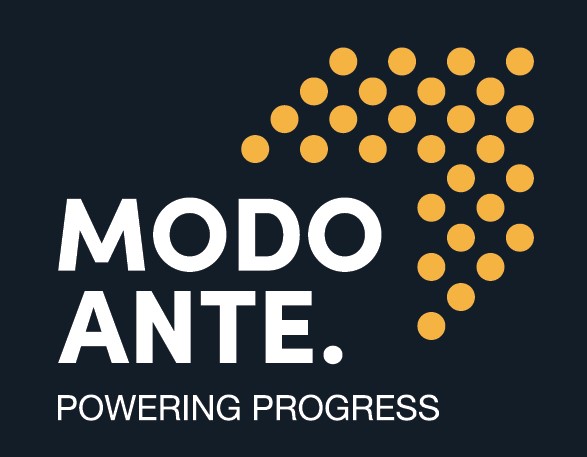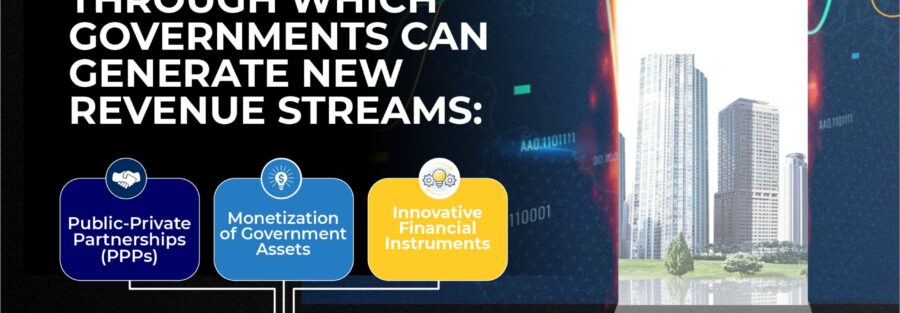African governments are confronted with significant challenges in generating sufficient revenue to fund public services, infrastructure projects, and social programs. Traditional revenue sources, such as taxes and royalties from natural resources, often fail to meet the increasing demands of growing populations. This shortfall is further compounded by economic instability, fluctuating commodity prices, and, in many cases, inefficient tax collection systems. However, with the right strategies, there is substantial potential to boost revenue generation across the continent. This article explores several proven and innovative approaches that African governments can adopt to enhance their revenue streams.
1. Diversifying Revenue Streams
One of the most critical steps for African governments is diversifying their revenue sources. Over-reliance on a narrow base, such as taxes from a single industry or exports of natural resources, can leave a country vulnerable to economic shocks. Diversification can be achieved through various means:
- Expanding the Tax Base: Many African countries have large informal sectors that operate outside the formal tax system. According to the International Labour Organization (ILO), the informal economy accounts for over 85% of employment in Africa. By formalizing this sector, governments can significantly increase tax revenues without raising tax rates. Rwanda has made significant strides in this area by simplifying business registration processes, encouraging more informal businesses to become tax-compliant, and consequently broadening its tax base.
- Public-Private Partnerships (PPPs): PPPs are an effective way to leverage private sector investment in public projects. These partnerships can help fund infrastructure projects such as roads, bridges, and power plants, which in turn spur economic growth and increase government revenues. For instance, Kenya’s PPP framework has attracted billions of dollars in investment for infrastructure projects, contributing to economic development and job creation.
- Monetization of Government Assets: Governments can generate revenue by leasing or selling underutilized assets, such as land, buildings, and infrastructure. Nigeria, for example, has initiated plans to concession key government-owned enterprises, including airports and railways, to private operators. This strategy not only generates immediate revenue but also reduces the government’s burden of maintaining these assets.
2. Leveraging Technology for Revenue Collection
Technology offers powerful tools for improving revenue collection efficiency and reducing leakages. Here are key areas where technology can make a significant impact:
- Digital Tax Administration: Implementing digital platforms for tax collection can streamline the process, reduce human errors, and minimize opportunities for corruption. For example, Uganda’s Electronic Fiscal Receipting and Invoicing System (EFRIS) has improved VAT collection by providing real-time data on sales transactions. This system has been credited with increasing VAT compliance and boosting tax revenues by 20% in its first year of implementation.
- Mobile Payment Systems: Mobile money has revolutionized financial transactions in many African countries. Governments can leverage mobile payment systems to collect taxes, fees, and fines more efficiently. In Kenya, over 80% of the adult population uses mobile money services like M-Pesa. The Kenyan government has integrated these platforms into its tax collection system, making it easier for citizens to pay taxes and reducing the cost of collection.
- Blockchain Technology: Blockchain offers a secure and transparent way to track financial transactions. By using blockchain, governments can reduce fraud and ensure that revenue collected is accurately recorded and reported. Ghana has explored the use of blockchain for land registry, which has the potential to increase revenue from property taxes by providing a more accurate and tamper-proof record of property ownership.
3. Addressing Tax Evasion and Expanding the Tax Base
Tax evasion remains a significant challenge for many African governments. To combat this, several strategies can be implemented:
- Strengthening Tax Enforcement: Governments need to invest in tax enforcement capabilities, including data analytics tools that can identify patterns of tax evasion. The South African Revenue Service (SARS), for example, has used data analytics to enhance its tax collection efforts, resulting in the recovery of billions of rand in unpaid taxes.
- Introducing Progressive Taxation: Progressive tax systems, where higher earners pay a larger percentage of their income in taxes, can help address income inequality while boosting revenues. According to the World Bank, income inequality in Africa remains high, with a Gini coefficient of 0.43. By implementing progressive taxes on high-income earners and luxury goods, governments can generate additional revenue without placing an undue burden on the poor.
- Formalizing the Informal Economy: As mentioned earlier, the informal sector represents a significant portion of Africa’s economy. By providing incentives for informal businesses to register and comply with tax laws, governments can expand their tax base. This might include offering simplified tax regimes or providing access to credit and other financial services in exchange for formal registration.
4. Enhancing Natural Resource Management
Africa is rich in natural resources, but mismanagement and corruption have often led to lost revenue opportunities. To maximize the benefits of these resources, governments should consider the following strategies:
- Implement Transparent Resource Management: Transparency in the management of natural resources can significantly increase revenues. The Extractive Industries Transparency Initiative (EITI) is one such framework that promotes open and accountable management of oil, gas, and mineral resources. Nigeria’s participation in the EITI has led to the recovery of over $2.4 billion in unpaid taxes and royalties from the oil and gas sector.
- Negotiate Better Contracts: Governments should seek to negotiate more favorable terms in contracts with multinational corporations involved in resource extraction. This includes ensuring that a fair share of the profits is retained within the country. Botswana’s success in managing its diamond resources, through equitable agreements with mining companies, has been a key factor in its economic development.
- Invest in Value Addition: Instead of exporting raw materials, African governments can generate more revenue by investing in value addition—processing raw materials into finished products. This approach not only increases revenue but also creates jobs and stimulates industrial growth. For example, Ghana’s decision to invest in cocoa processing plants has allowed the country to capture more value from its cocoa production.
How Modo Ante Can Help
At Modo Ante, we understand the unique challenges African governments face in revenue generation. Our expertise in public sector consulting, system re-engineering, and digital transformation positions us as a strategic partner in helping governments implement these strategies effectively.
- Strategic Planning and Diversification: Modo Ante offers comprehensive consulting services to help governments diversify their revenue streams. We assist in identifying potential areas for growth, such as formalizing the informal sector and implementing public-private partnerships (PPPs).
- Technology Integration: We specialize in leveraging cutting-edge technology to enhance revenue collection. Whether it’s implementing digital tax administration systems or integrating mobile payment solutions, Modo Ante provides the expertise needed to modernize and optimize revenue collection processes.
- Capacity Building: Modo Ante supports governments in strengthening their tax enforcement capabilities through training programs, data analytics, and the implementation of progressive taxation systems. We also assist in formalizing the informal economy, ensuring that more businesses contribute to the tax base.
- Natural Resource Management: Our team offers guidance on transparent resource management and contract negotiation with multinational corporations, ensuring that African governments maximize the benefits of their natural resources. We also provide strategies for investing in value addition, helping countries increase their revenue from natural resources.
Conclusion
Enhancing revenue generation in African governments requires a multifaceted approach that combines innovation with effective management. By diversifying revenue streams, leveraging technology, combating tax evasion, and managing natural resources more effectively, African governments can secure the funds needed to drive development and improve the lives of their citizens. The success of these strategies will depend on strong leadership, political will, and a commitment to transparency and accountability. With Modo Ante as a partner, African governments can unlock their full economic potential and achieve sustainable growth.



